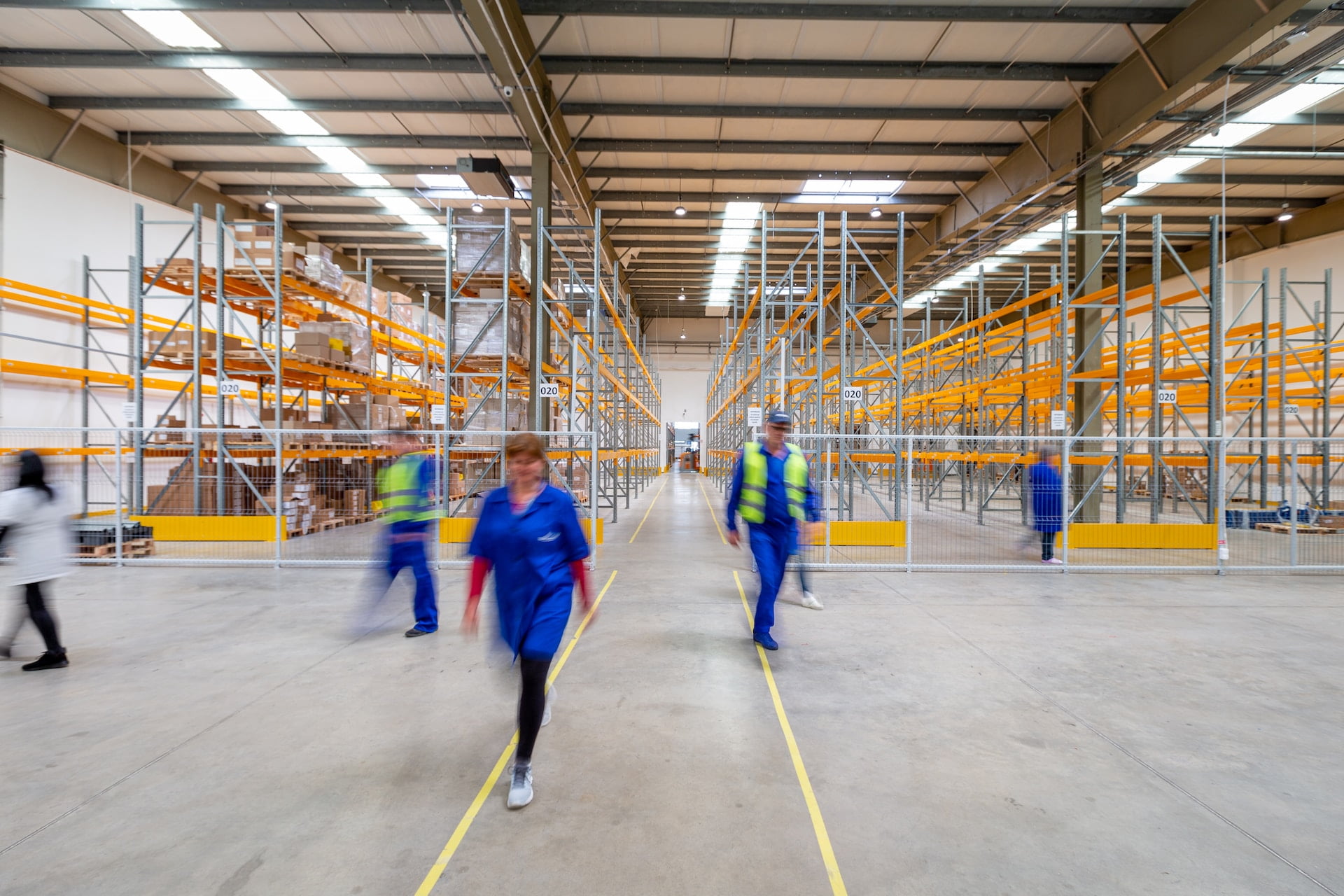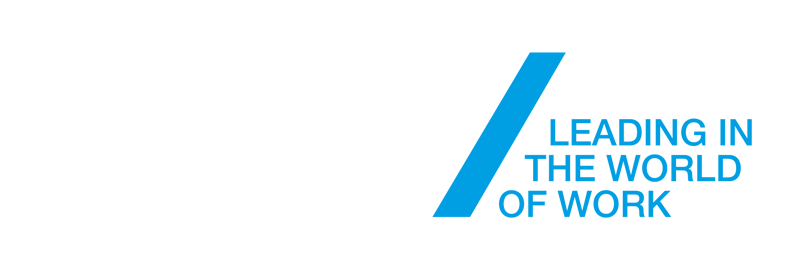Only 16 per cent of workers expect they’ll be driving themselves to work in 2030, according to new research by real estate services firm JLL, opening the door to widespread adaptive reuse of basement car parking, which could see urban farms sprout up all over cities.
Based on 260 survey respondents collected at TEDxSydney, the company has created The Human Revolution report, looking at how we envisage the future of offices in 2030.
Currently 66 per cent of Australian’s get to work by car, though respondents predicted that big increases in ridesharing, public transport and autonomous vehicles (AVs) would cut back that statistic dramatically, with flow-on effects for car parking.
“That presents new challenges in how best to adapt these spaces, with possible solutions including urban farming, sleep pods, exercise studios or even into warehouse-style residential conversions,” the report said.
Twenty-nine per cent of those surveyed expected to be using AVs to get to work, 33 per cent said they’d use public transport, and 40 per cent anticipated to be walking or cycling.
The report said the figures affirmed that developers need to be building with a view to adaptive reuse.
“Given the pace of change companies need to plan for disruption by designing spaces with repurpose in mind.
“As people shift to autonomous vehicles and active transport modes, the demand for car parks will be lower but their low ceiling heights and lack of natural light make them impractical for conversion to office space. Owners and developers need to consider the adaptive reuse potential of car parks.”
JLL head of property and asset management – Australia Richard Fennell said urban farming could be a winner from the transport shift.
“Urban farming is a growing phenomenon where food is cultivated, processed and distributed in or around a village, town or city,” he said.
“An urban farm could be created in a building’s redundant car park and the produce used to service local kitchens and cafes within that proximity. Urban farming is yet to be embraced by mainstream property companies, no doubt due to the traditional concepts of value and property best use, but we believe this could change.”
It’s not only JLL thinking this way. The winning concept of The Fifth Estate’ s Visit Tomorrowland event competition was the adaptive reuse of a car park, featuring community gardens, a bar and an event space.
Wellness on the up
As highlighted in our recent ebook, Healthy Offices: Why Wellness is the New Green , wellness is also expected to be a huge trend, with respondents rating an increased focus on physical and mental wellbeing as one of the biggest impacts on the way people will work in 2030.
The report said that tech companies were leading the charge when it came to workplace design, and that companies could incorporate simple design elements to improve worker wellbeing and productivity.
“These design elements may include green walls and plants, windows and skylights to let in natural light, bike storage, internal stairs, sit-stand desks, integrated technology, communal and collaborative spaces such as lounges and cafés, quiet spaces and chill out areas, as well as furniture that can be easily reconfigured.”
By 2030, most people surveyed expected to be spending their working lives in co-working spaces.
“Design of buildings is changing because of the uses desired by the people using them,” Mr Fennell said.
“They want precincts and communities that provide human connections and wellness taken into account in the design.”
The report said developers and investors needed to put community at the centre of office developments if they wanted to remain successful.
“Developers and investors have embraced placemaking as a potential differentiator with commercial and retail assets now expected to do more than just meet workplace and retail needs of customers,” the report said.
“It’s imperative that owners and managers of property work hard with retailers, tenants, customers and the community to establish their assets as genuine public space.”
Source: The Fifth Estate
The post Future Office Trends: Wellness, Urban Farms and No Cars appeared first on Talent Nation.







